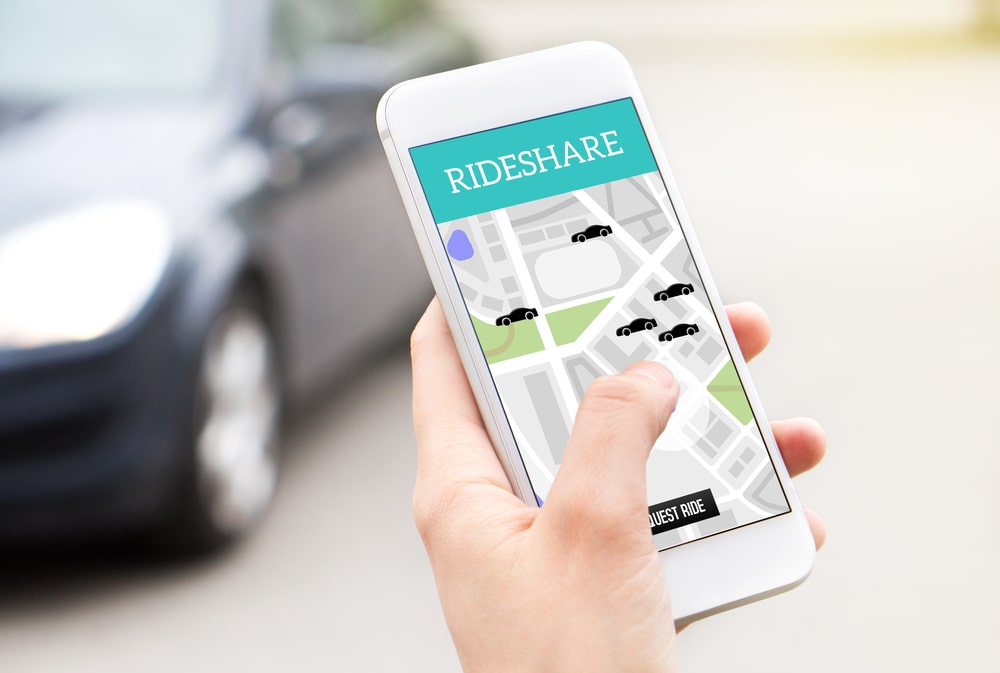
In recent years, rideshare services like Uber and Lyft have become everyday transportation options for Texans. While they offer convenience and affordability, they also raise difficult legal questions – especially when accidents happen. It’s important to know your rights and protections if you’ve been injured in a rideshare accident as these situations can be more challenging to navigate. Here’s what you need to know as shared by our Dallas, TX car accident lawyer who has been rated by Super Lawyers…
Who’s Liable In A Rideshare Accident?
Liability in a rideshare accident depends on who was at fault and what stage of the ride the driver was in when the accident occurred. Rideshare companies like Uber and Lyft provide different levels of insurance coverage depending on whether the driver was:
1. Offline (not logged into the app) – the driver’s personal insurance applies.
2. Online but not yet matched with a rider – limited liability coverage from the rideshare company may apply.
3. En route to pick up a rider or actively transporting a rider – the rideshare company provides up to $1 million in liability coverage.
This tiered system can complicate the claims process, especially when more than one driver is involved or if fault is disputed.
What Should You Do After The Accident?
Whether you were a passenger, a pedestrian, or a driver struck by a rideshare vehicle, the first steps you take are critical:
- Seek medical attention immediately, even if injuries seem minor. Your health comes first, and documentation is essential.
- Report the accident to local law enforcement and ensure a police report is filed.
- Gather evidence, including photos of the scene, contact info for witnesses, and details about the rideshare driver.
- Report the crash to the rideshare company via their in-app system or website.
Do not give recorded statements to insurance adjusters before speaking with an attorney – they may try to limit the company’s liability or minimize your injuries. After all, they will try to claim that your injuries are not considered personal injuries.
How Are Rideshare Injury Claims Handled?
Unlike a traditional car accident, rideshare injury claims often involve multiple insurance companies and corporate legal teams. If the rideshare driver was at fault, their company may be responsible for covering medical expenses, lost wages, and pain and suffering – but they won’t offer that compensation easily.
Insurance companies are known to delay, deny, or underpay claims. That’s why having experienced legal representation is critical. Having a legal team that ensures your claim is thoroughly investigated, properly valued, and aggressively pursued is 100% necessary in situations like this.
Why Legal Representation Matters
Rideshare companies have strong legal teams and complex insurance structures designed to protect their bottom line. Working through a claim without a skilled attorney puts you at a serious disadvantage. Whether negotiating with Uber or Lyft’s insurers or filing suit, it’s important to have an attorney that will advocate strongly and wholeheartedly for you to get the full compensation you deserve. Contact an attorney who has received a 10.0 rating from Avvo with the Brandy Austin Law Firm today for help. We are ready to help you file your personal injury claim.
